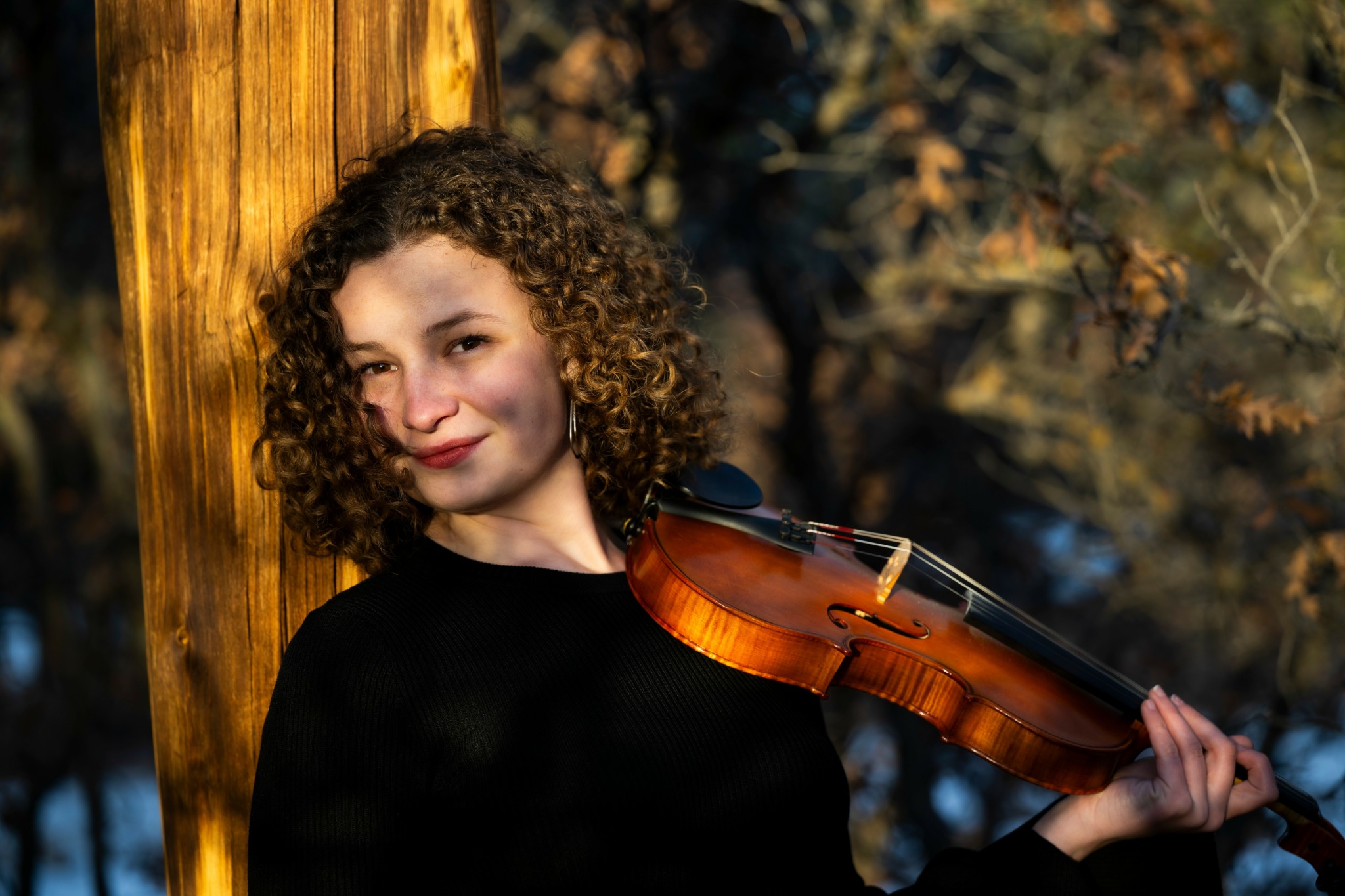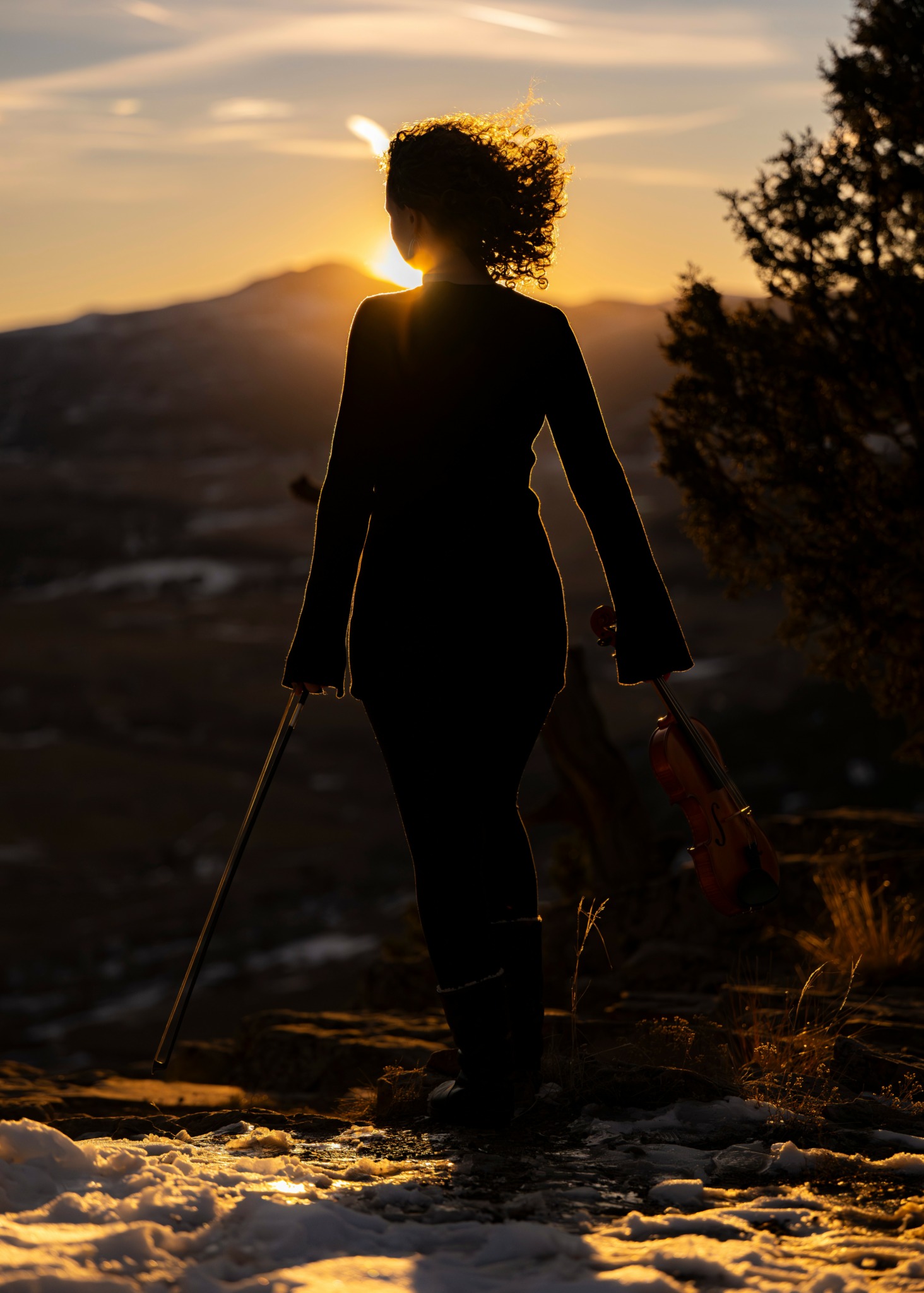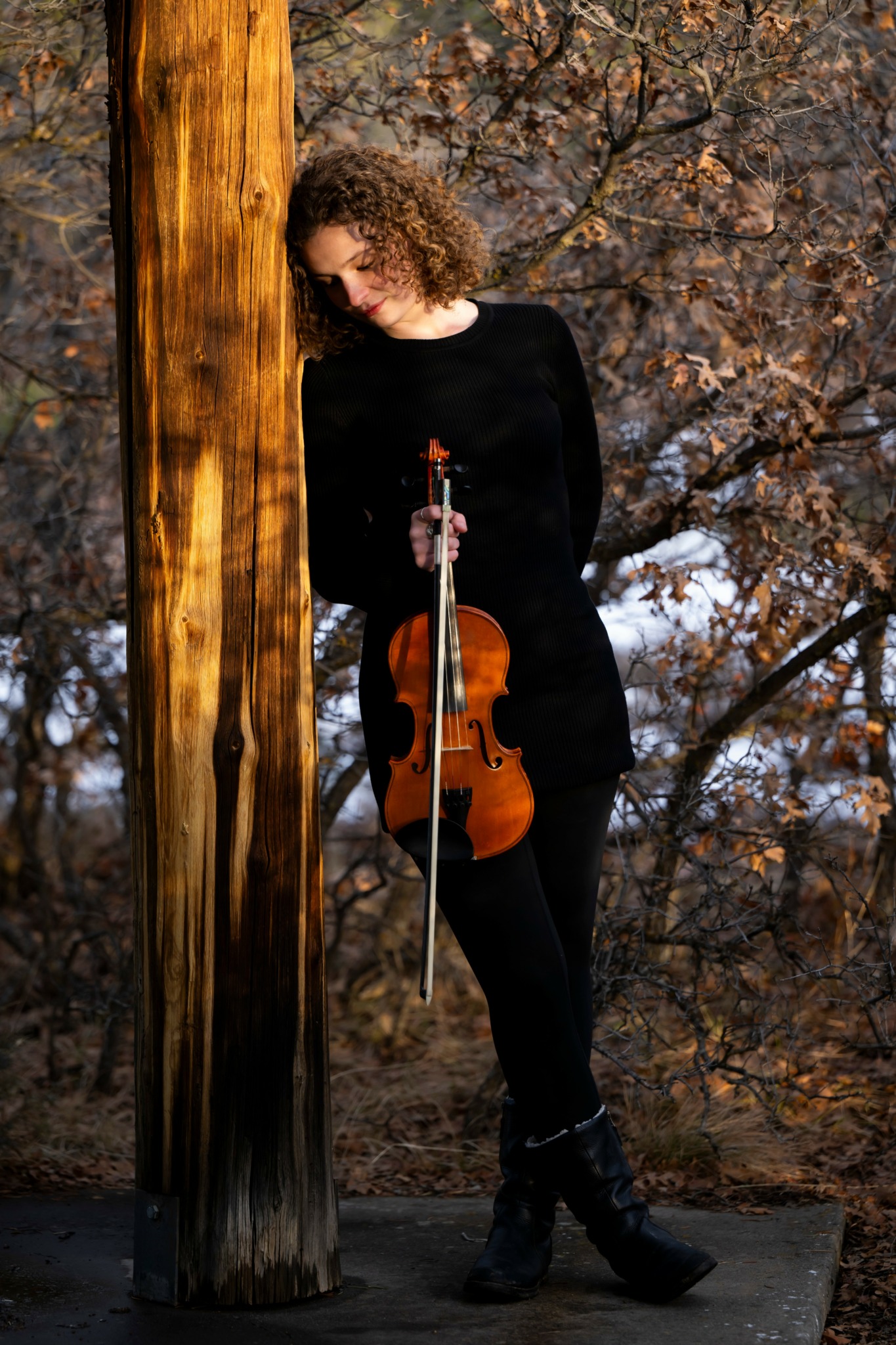Alright – so today we’ve got the honor of introducing you to Anwen Borgo. We think you’ll enjoy our conversation, we’ve shared it below.
Anwen, looking forward to hearing all of your stories today. Learning the craft is often a unique journey from every creative – we’d love to hear about your journey and if knowing what you know now, you would have done anything differently to speed up the learning process.
I’ll start with a story.
While studying Film Scoring at Berklee College of Music, I once spent days pouring my soul into a two-minute and thirty-second cue. I shaped every note, every texture, obsessing over every frame. When I finally brought it to class, completely spent, I played it for my film composition teacher. After it ended, he just nodded and asked, “Well… does it work?”
Frustrated, I replied, “Yeah, it works. I’ve been living inside this cue for days. Do you think it works?”
He paused, then said, “It doesn’t matter what I think. Would the average person on the street think it works?”
That moment stuck with me.
Music is subjective. What one person calls the most powerful cue ever written, another might forget instantly. So how do you learn something that doesn’t have a “right” answer? If there’s no definition of 100% correct, how do you know when you’ve done your job?
That’s the paradox, and the beauty, of learning film composition. It’s not about chasing perfection. It’s about chasing emotional truth.
At its core, film scoring is about empathy: understanding a story so well from a director that you can translate its feeling into music, and move someone who doesn’t know, or care, how many hours you spent getting it right.
Learning the craft means developing your musical language while constantly taking a step back and asking, “Is this serving the picture? Is this helping the audience feel what the story needs them to feel?” Sometimes that means less music. Sometimes it means none. Sometimes it means loud music that is right in your face full Bernard Herrman Psycho style. That kind of storytelling discipline takes time, feedback, collaboration, and lots of listening.
There’s no formula other than to feel and allow yourself to be guided by the emotional response of others. The best film scores are the ones that are an emotionally raw collaboration by both director and composer. Genuine responds to genuine.
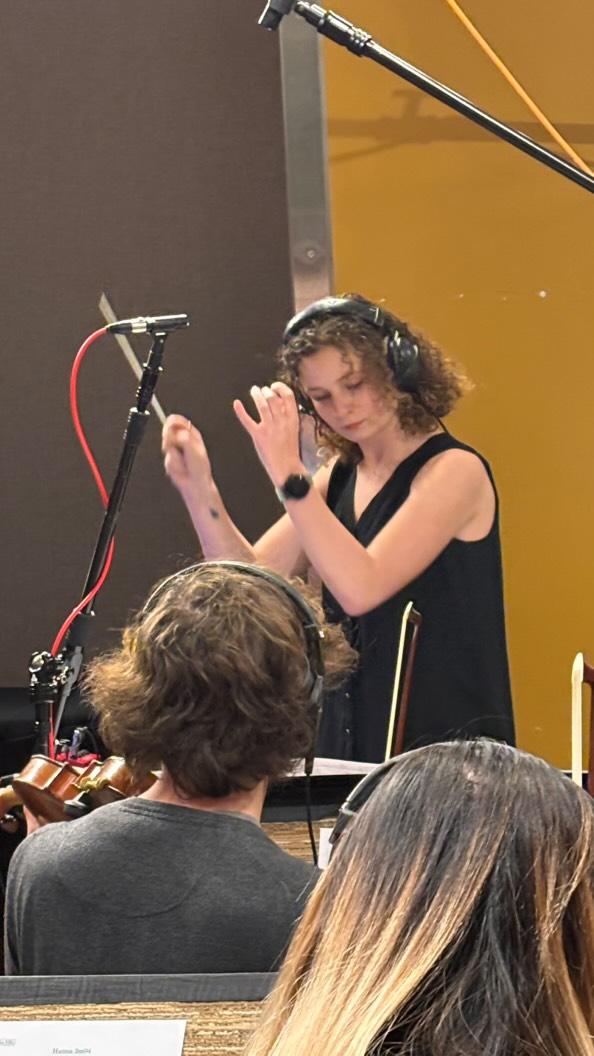
As always, we appreciate you sharing your insights and we’ve got a few more questions for you, but before we get to all of that can you take a minute to introduce yourself and give our readers some of your back background and context?
My name is Anwen Borgo, and I’ve always lived somewhere between music and story. As a film composer and session violist, I believe in the quiet power of melody to carry emotion, and in the kind of collaboration that transforms creative expression into something unforgettable.
My childhood was spent watching hours of films like How to Train Your Dragon, The Lord of the Rings, and Pirates of the Caribbean. These epic tales of friendship, love, and undying loyalty shaped the way I see the world, and their music taught me how to feel it. Those scores didn’t just accompany the story, they gave it breath. I didn’t just want to write music, I wanted to write something that would leave an impact and tell a story that needed to be told.
That desire led me to pick up the viola at ten-years-old and join my local youth orchestra. The year we performed Jupiter by Gustav Holst, I remember sobbing as I played. I was overcome by the sweeping melody and the way every section of the orchestra moved together and unified to create something of unparalleled beauty. That moment revealed something fundamental to me: music is not just about individual expression, but about unity. When a group of creatives breathes together, phrases together, and feels together, something magical happens. I knew then that I had found my passion, my purpose, and my community.
Since then, I’ve been fortunate to turn that passion into a professional path. As a senior at Berklee College of Music studying Film Scoring, I have honed my voice as both a storyteller and collaborator. I was selected as a semi-finalist in the Red Bull Scoring Challenge, and I’ve had the privilege of being mentored by composers I deeply admire, including Alison Plante and Claudio Ragazzi. Their guidance, along with the relationships I’ve built with filmmakers, directors, musicians, and sound designers continues to shape the way I approach scoring. It is a dialogue, not a monologue.
Whether I’m writing sweeping orchestral melodies, an epic superhero theme, or intimate textures, my goal is always to serve the story with brutal emotional honesty. I bring the same collaborative spirit I felt in that youth orchestra to every project I take on. What sets me apart isn’t my musical training, it’s the way I listen, the way I collaborate, and the way I pour everything into honoring the emotional truth of a story, even if my role is just one small piece of the puzzle.
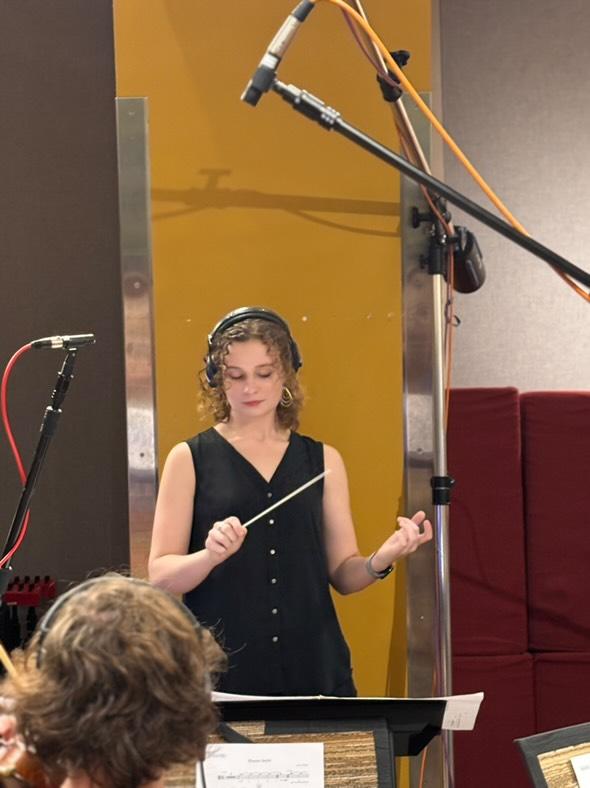
What’s a lesson you had to unlearn and what’s the backstory?
As creatives and artists we are brought up with the ideal that creativity strikes or flows in the most talented individuals. They are magically chosen by the creative gods to create a masterpiece. While I’m sure every human has experience the flow state, either while writing an essay for school, reading a book, or bench watching a Netflix series, getting into the flow state can be a fickle thing, especially for those creating art.
We all have deadlines and for creatives that often means forcing creativity, or…attempting to. I was always taught to “go outside, touch grass, and breathe deeply.” While I am a big supporter of touching grass and breathing in some sunshine, more often than not this trip outside is riddled with anxiety and guilt over not being creative, which of course doesn’t help the situation. These feelings can easily snowball into a dirty mass of self confidence issues ending in “I’m not a creative genius like John Williams or Hans Zimmer, so why should I even try.” This can be a massive roadblock, especially for starting off creatives, because money can’t be a motivator, simply because we aren’t paid enough.
The creativity flow state is created from the joy we feel in our particular creative field. When we are invested and interested in what we are doing, we enter the flow state. The best way to get there? Just take the next right step and calm the voice in your head that says you won’t be good enough. Often this can be achieved simply by accepting it might not be perfect, or even acceptable the first time. We often forget that all the individuals we look up to, started off just like us, and failed a lot. Perhaps what makes a successful artist isn’t being chosen by the creativity gods but their ability to silence the voice in their head that says it must be flawless.
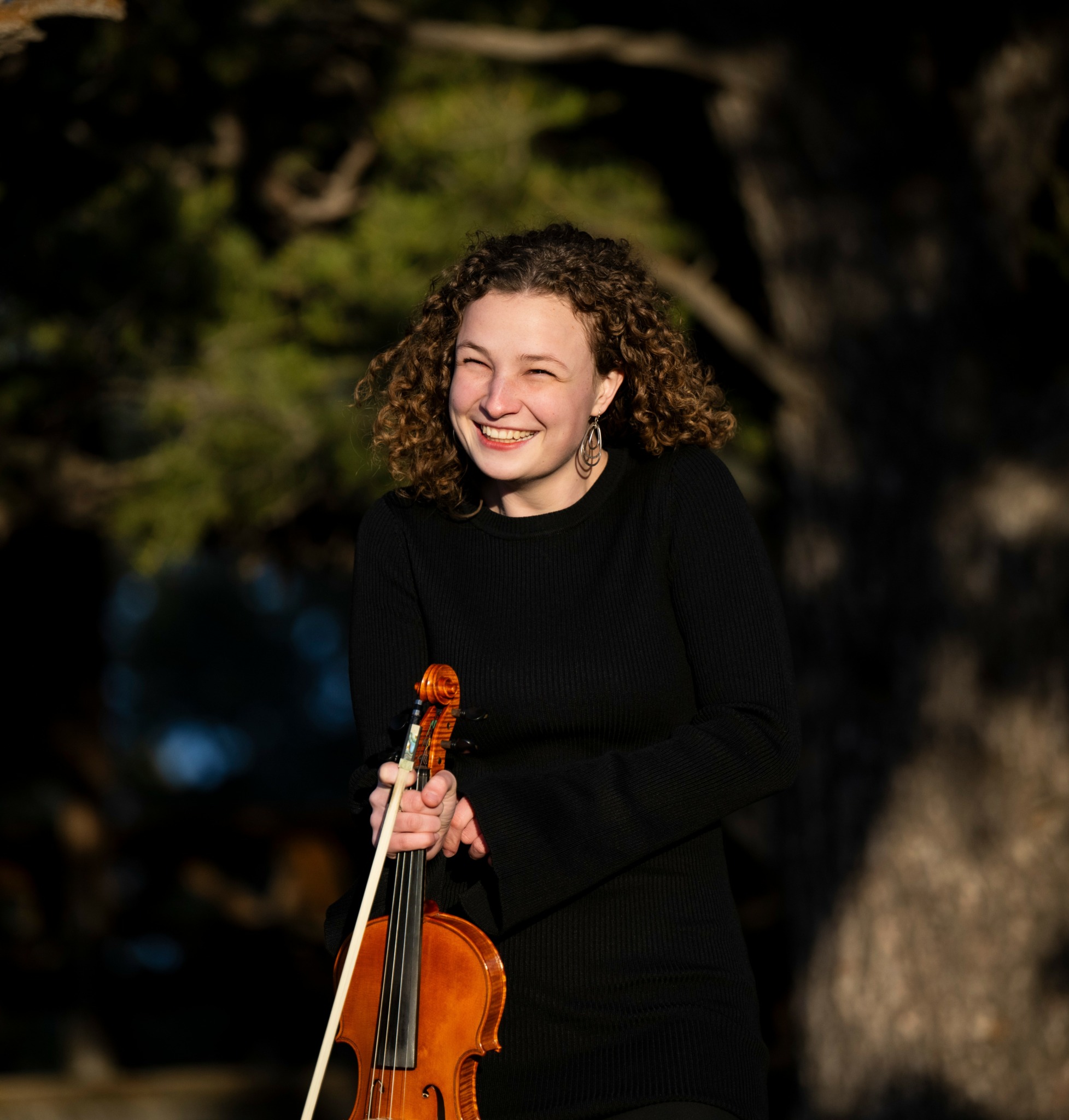
For you, what’s the most rewarding aspect of being a creative?
For me, the most rewarding part of being a film composer will always be collaboration. There’s nothing quite like that first conversation with a director, their eyes light up as they share their vision, their passion, their baby. In that moment, you’re being invited into something deeply personal, and entrusted with helping bring it to life through your own creative lens.
One of my favorite memories is meeting with two co-directors for a short film I scored. They were both so full of energy, so alive with ideas and pride in what they had created. That night, I couldn’t wait to start composing, not just because the film was beautiful, but because their passion was contagious. They handed me something they loved, and asked me to lift it with something I love, music.
Collaboration doesn’t end with the director. Recording sessions are just as magical. There’s a kind of alchemy that happens when musicians and engineers bring your score to life. Notes on a page become breath and emotion. Real people interact with what you wrote, and in doing so, they make it human. The best film music lives on that emotional, human level. Hearing something I’ve poured my heart into be played live is like waking the story up with a true love’s kiss. It’s a moment where everything feels alive.
Contact Info:
- Website: https://www.anwenborgo.com
- Instagram: https://www.instagram.com/the_anonymous_shrew/
- Linkedin: https://www.linkedin.com/in/anwen-borgo-733686346/

